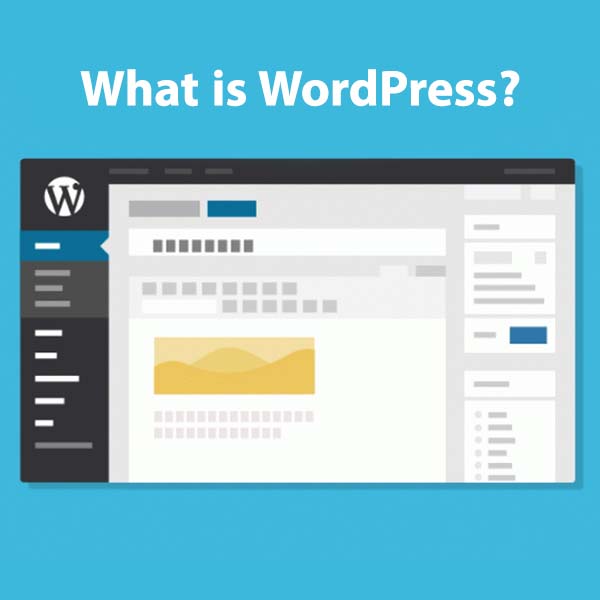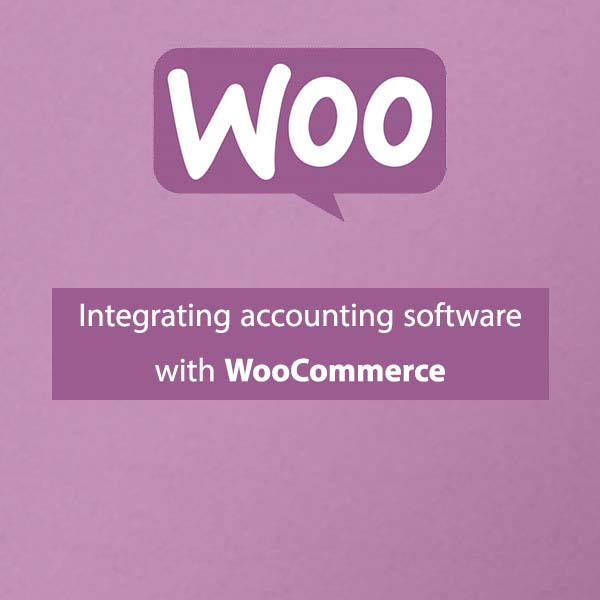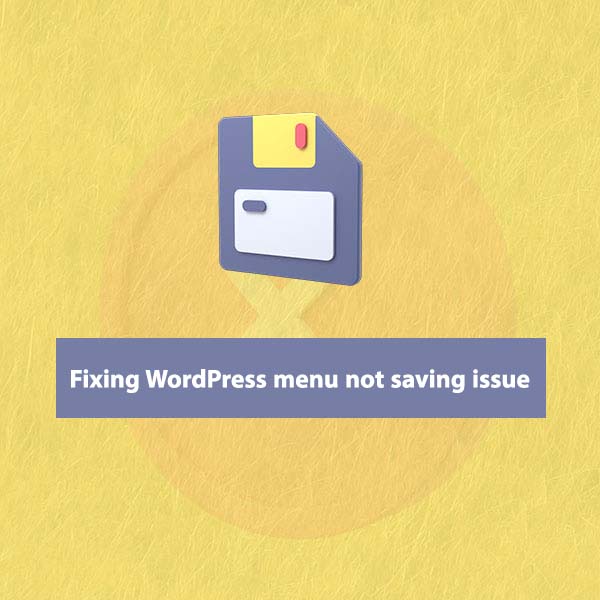
WordPress is a powerful and versatile content management system (CMS) that has become the backbone of a significant portion of the internet. Launched in 2003, it has evolved from a simple blogging platform to a sophisticated CMS used by individuals, businesses, and organizations worldwide. This article explores the essence of WordPress, its features, and its impact on the digital landscape.
Table of Contents
Origin and Evolution
WordPress was created by Matt Mullenweg and Mike Little as an open-source project. It began as a user-friendly blogging tool but quickly gained popularity due to its flexibility and customization options. Over the years, a vast community of developers, designers, and users has contributed to its growth, expanding its capabilities far beyond its initial purpose.
Core Features
- User-Friendly Interface: One of WordPress’s key strengths is its intuitive and user-friendly interface, making it accessible to users with varying technical skills.
- Themes: WordPress offers a wide range of themes that allow users to change the look and feel of their websites instantly. These themes are customizable, enabling users to create unique designs.
- Plugins: With a vast repository of plugins, users can add new features and functionality to their websites without extensive coding knowledge. From SEO tools to e-commerce solutions, the plugin ecosystem is a major asset.
- Content Management: WordPress excels as a content management system, enabling users to organize and manage their content effortlessly. The platform supports various content types, including text, images, videos, and more.
- Community and Support: The WordPress community is a driving force behind the platform’s success. With forums, meetups, and events worldwide, users can connect, share knowledge, and seek assistance. Regular updates and a dedicated support system contribute to the platform’s stability and security.
- Customization and Flexibility: WordPress’s open-source nature allows developers to create custom themes and plugins, tailoring websites to specific needs. This flexibility has led to its adoption for various purposes, from personal blogs to large-scale corporate websites.
- SEO-Friendly: WordPress is inherently designed with search engine optimization (SEO) in mind. Its clean code structure, coupled with SEO plugins, empowers users to optimize their content easily and improve their websites’ search engine rankings.
- Security Measures: WordPress prioritizes security and regular updates address vulnerabilities. Additionally, users can enhance security through plugins and best practices, ensuring a robust defense against potential threats.
- Global Impact: WordPress powers a substantial portion of the internet, with millions of websites and blogs utilizing its features. Its impact is evident across industries, from small businesses to major media outlets, illustrating its adaptability and scalability.
What Kinds Of Websites Can WordPress Make?
WordPress is an incredibly versatile content management system (CMS) that can be used to create a wide variety of websites. Here are some examples of the types of websites that can be built using WordPress:
- Blogs: WordPress began as a blogging platform, and it remains an excellent choice for individuals or businesses looking to create a blog.
- Business Websites: WordPress is widely used for creating professional business websites. It offers a range of themes and plugins to showcase products, services, and company information.
- Portfolio Websites: Artists, photographers, designers, and other creative professionals can use WordPress to build visually appealing portfolio websites to showcase their work.
- E-commerce Stores: With the help of plugins like WooCommerce, WordPress can power fully functional e-commerce websites. It allows businesses to sell products or services online.
- News and Magazine Sites: Many major news and magazine websites use WordPress because of its ability to handle large amounts of content and its flexibility in organizing articles.
- Educational Websites: Educational institutions, online courses, and e-learning platforms can leverage WordPress to create websites for sharing information, course content, and engaging with students.
- Nonprofit Websites: Nonprofit organizations often use WordPress to create websites to share their mission, raise awareness, and collect donations.
- Community and Forum Sites: WordPress supports the creation of community-based websites and forums. Plugins like BuddyPress enable the addition of social networking features.
- Real Estate Websites: Real estate agents and agencies use WordPress to showcase property listings, provide information about neighborhoods, and connect with potential clients.
- Membership Sites: WordPress allows the creation of membership-based websites where users can sign up, log in, and access exclusive content. Plugins like MemberPress facilitate this functionality.
- Event Websites: For conferences, festivals, and other events, WordPress can be used to create websites that provide event details, schedules, and ticketing options.
- Health and Wellness Websites: Professionals in the health and wellness industry, such as fitness trainers or nutritionists, can use WordPress to build websites for promoting their services and sharing valuable content.
- Government Websites: Some government agencies and organizations use WordPress for their websites due to its accessibility, ease of use, and community support.
- Personal Websites: Individuals can use WordPress to create personal websites or online resumes, showcasing their skills, achievements, and personal brand.
- Forums and Online Communities: WordPress can power online forums and communities using plugins like bbPress, fostering discussions and interactions among users.
The flexibility, scalability, and extensive ecosystem of themes and plugins make WordPress a go-to platform for a diverse range of website types. Its user-friendly interface also makes it accessible to individuals with varying technical expertise.
Conclusion
In essence, WordPress is more than just a blogging platform; it’s a dynamic and adaptable CMS that empowers individuals and organizations to create and manage their online presence effectively. With its user-friendly interface, extensive community support, and continuous evolution, WordPress continues to shape the digital landscape and remains a cornerstone of web development.





